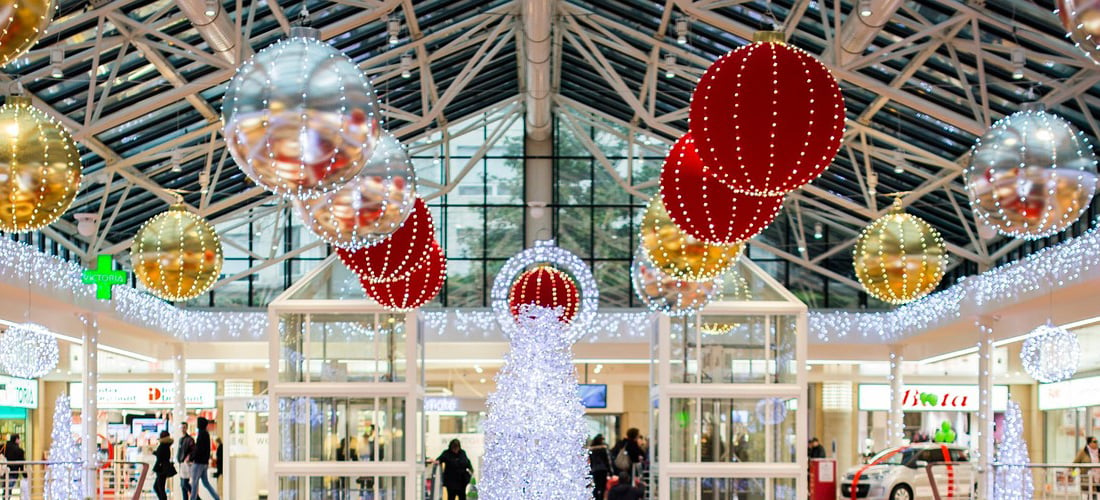Christmas comes just once a year but it's not the only time to buy gifts
Media releaseThe Christmas music, lights, and tinsel that fill shopping malls are used to mark the festive season, but also to subtly encourage us to buy more, according to a Deakin University consumer behaviour expert.
Deakin Business School’s Dr Paul Harrison, who studies how emotional and rational behaviour influences the way we make decisions, said consumers should be aware of marketing ploys to get us to shop more in the lead up to Christmas.
“All that noise, colour and movement isn’t just the shopping centre getting into the festive season, it’s also a technique to get you to think a little less completely, and respond to emotional cues, such as social norms, fear of missing out – or FOMO - and rituals,” Dr Harrison explained.
“They draw upon a plethora of psychological and sociological research to develop tactics that nudge us towards consumption and subtly give us permission to buy and not to think too much, or too deeply about why.”
Dr Harrison said one particular technique used by marketers around this time of year was the idea of scarcity.
“Not just product scarcity but also experiential scarcity – the idea that scarce time will influence how we approach our decision-making. What scarcity does is accelerate our perceived perishability of an offer,” he said.
“Christmas is a hard deadline. We are limited in our freedom to delay a purchase decision and if we don’t participate in the Christmas ritual we come down with a case of FOMO.
“For example, Melbourne’s annual ‘Shop the City’ promotion where shoppers are offered one-day only discounts taps into our willingness to respond to the scarcity effect and feeds the need to buy things that we would normally ignore.”
Even though Christmas comes but once a year, Dr Harrison provides a reminder that this won’t be the only opportunity to show others how much you love them, or to spend time with your family.
“It seems obvious, but you can buy people gifts at any time of the year,” he said.
“Humans at their core need rites and rituals to create meaning and a sense of security and are incredibly social animals influenced by this need to provide a lot of food, or gifts, in the hope that we will be valued by our friends and family. To not do so, especially at Christmas, means resistance to a whole bunch of rites and rituals.
“What marketers are doing is tapping into your predisposition to value experiential scarcity during socially validated moments to behave in particular ways.”
Share this story

